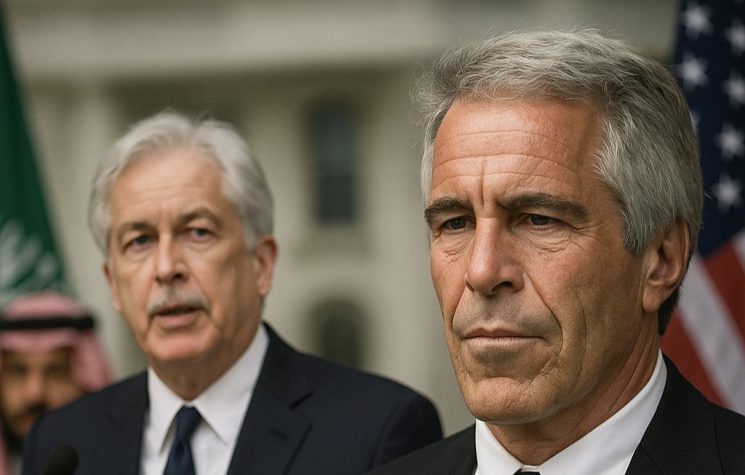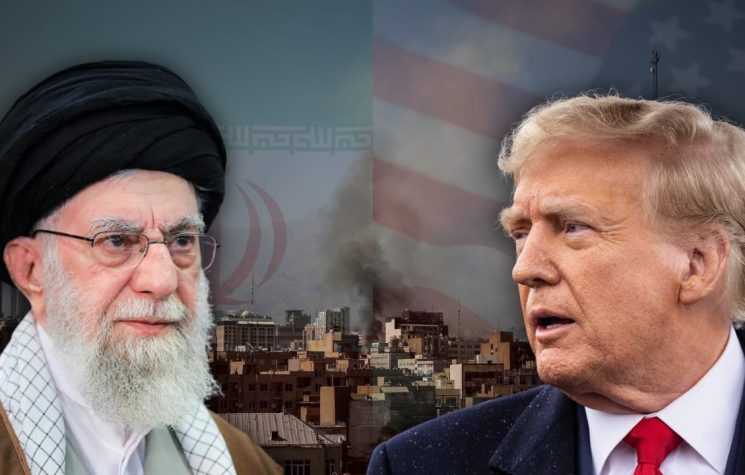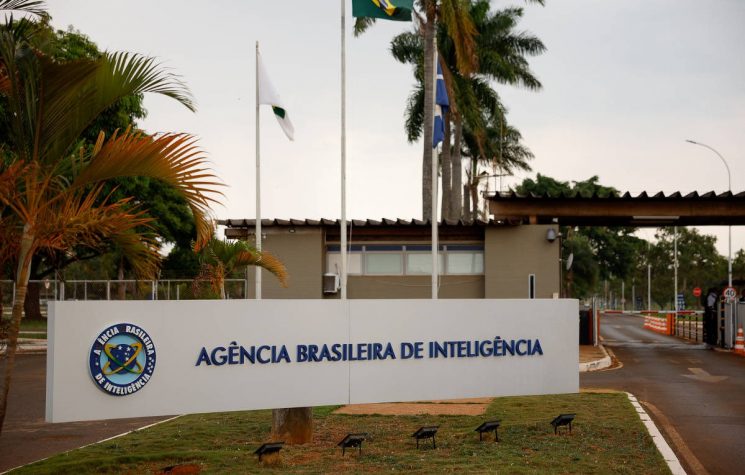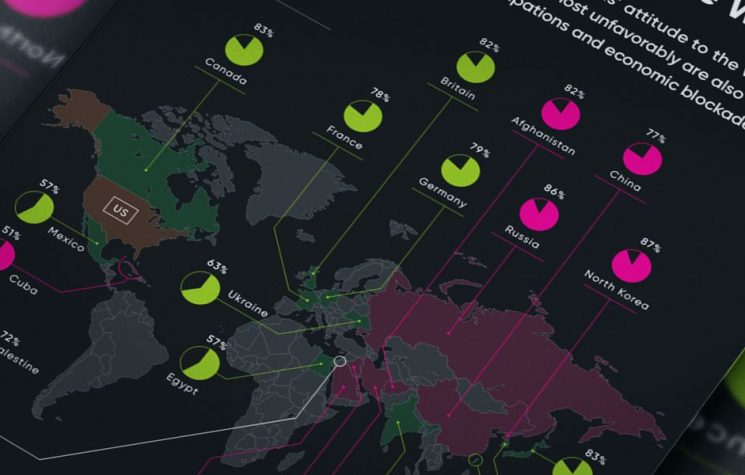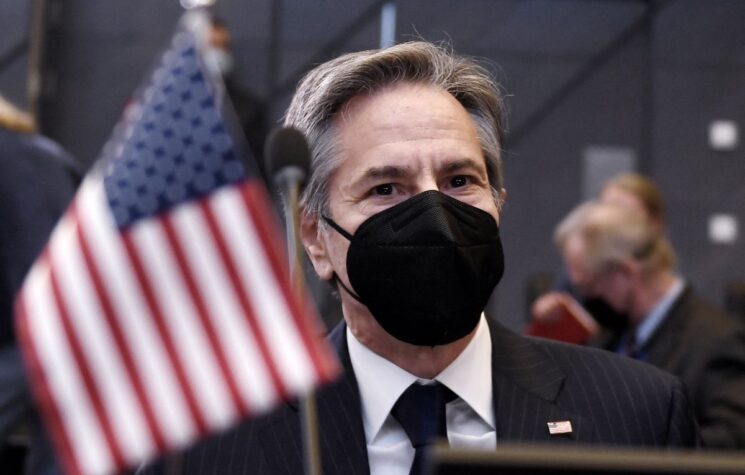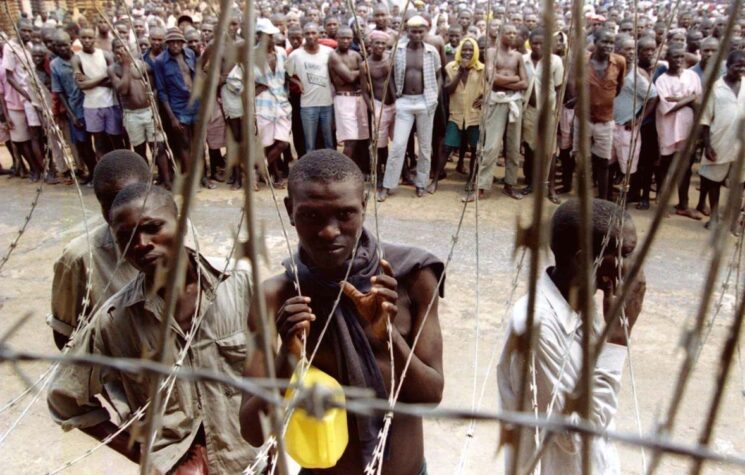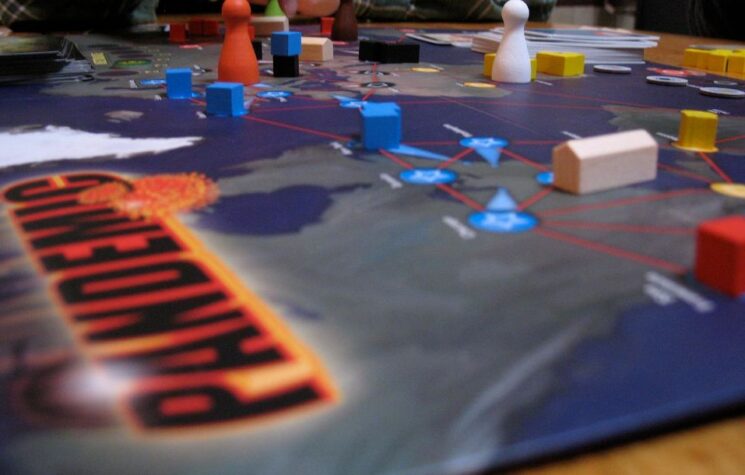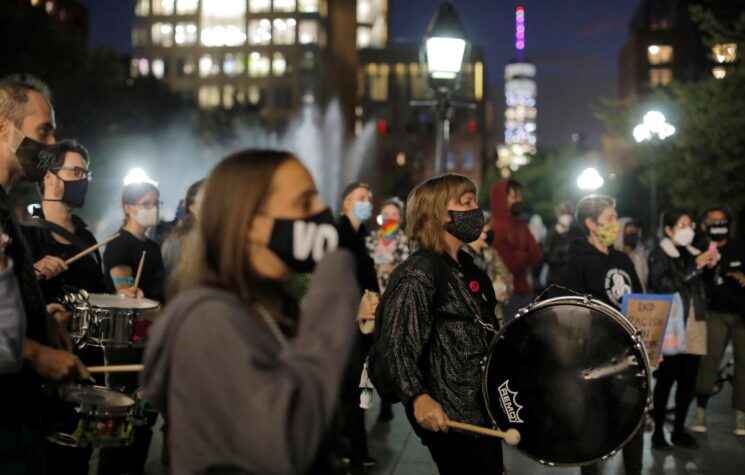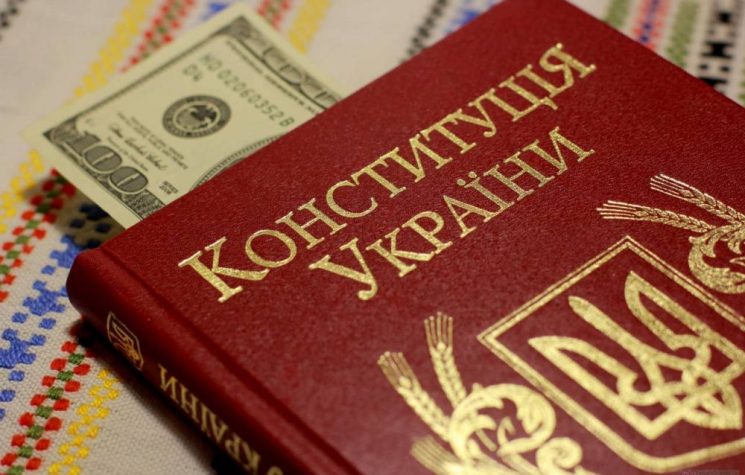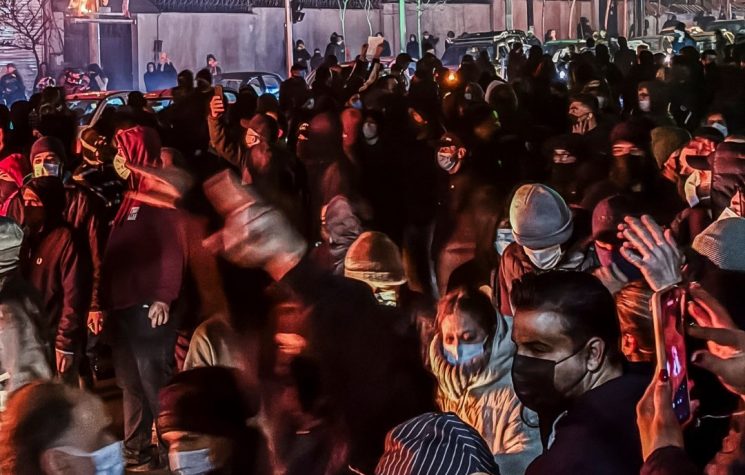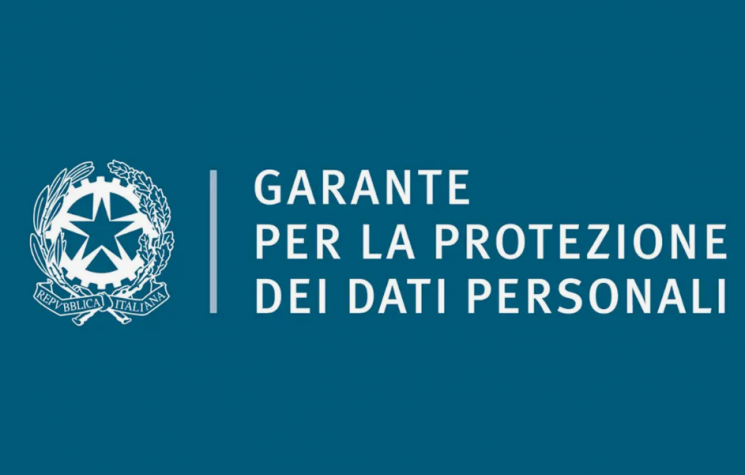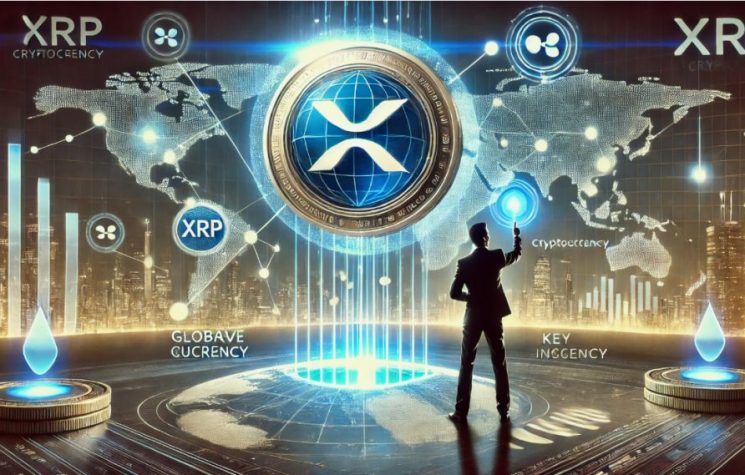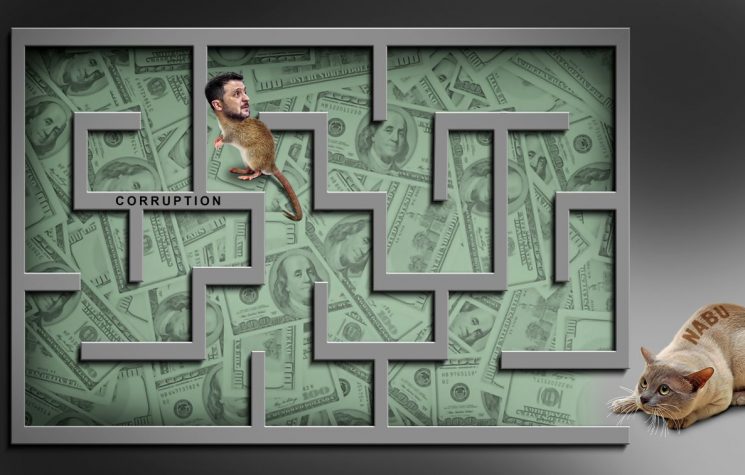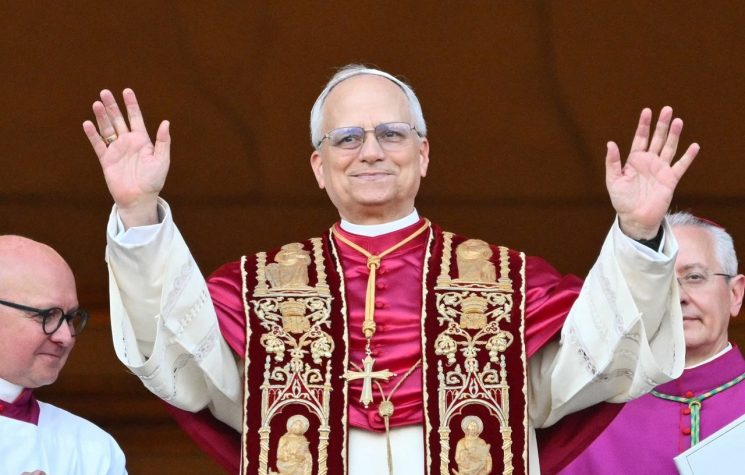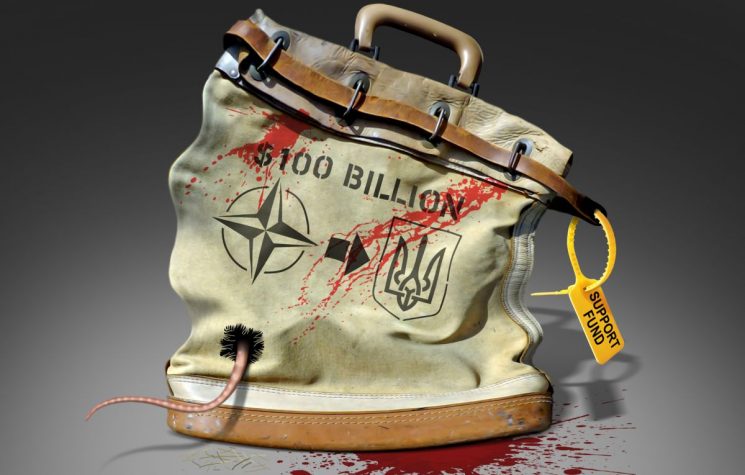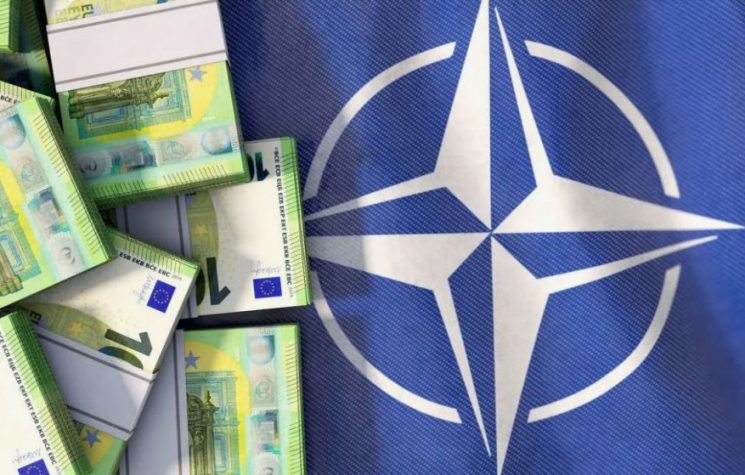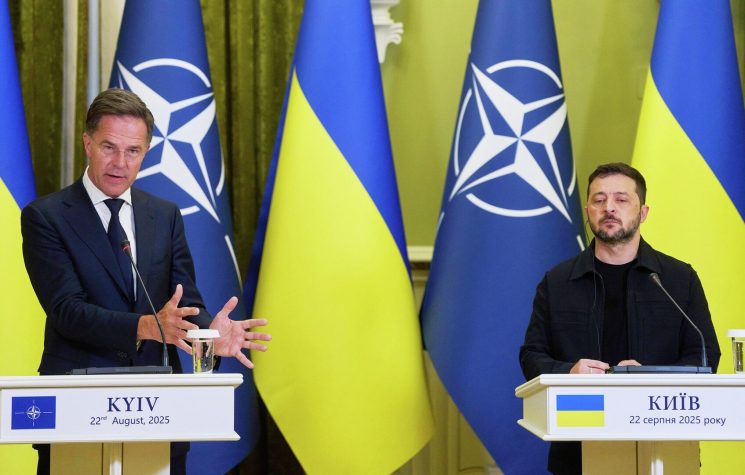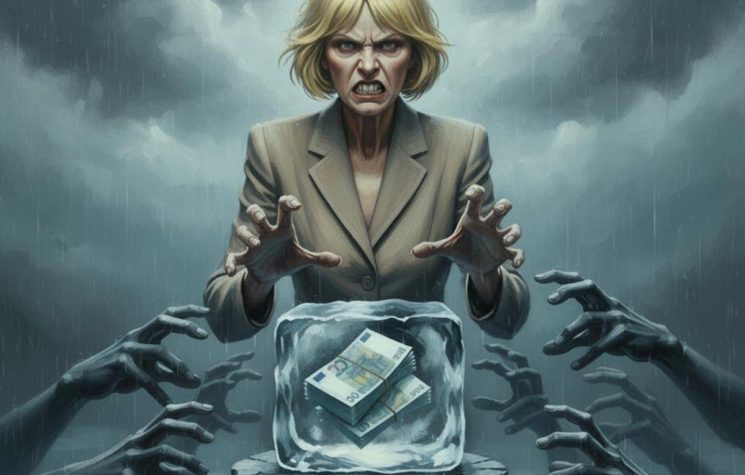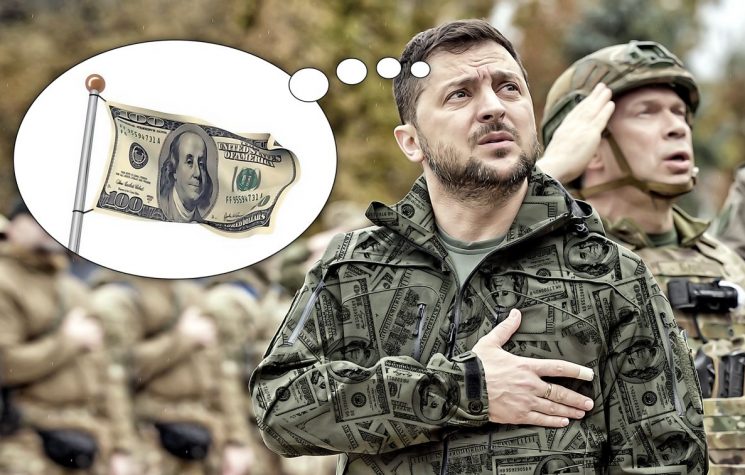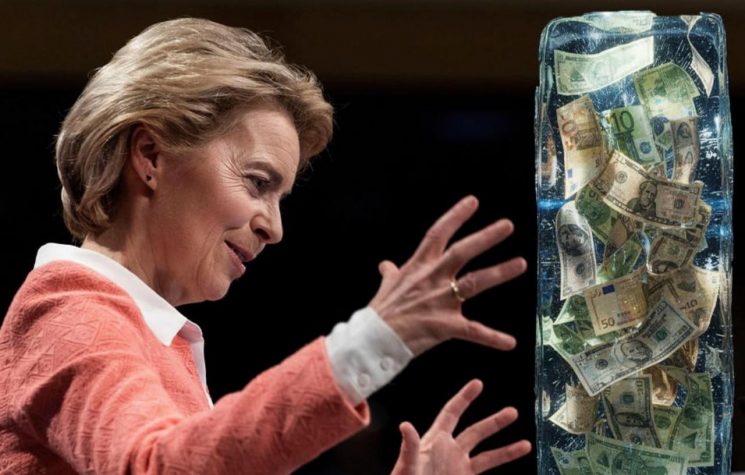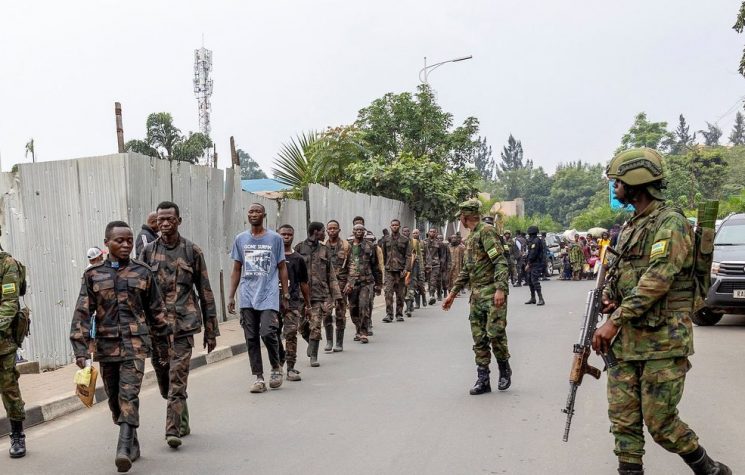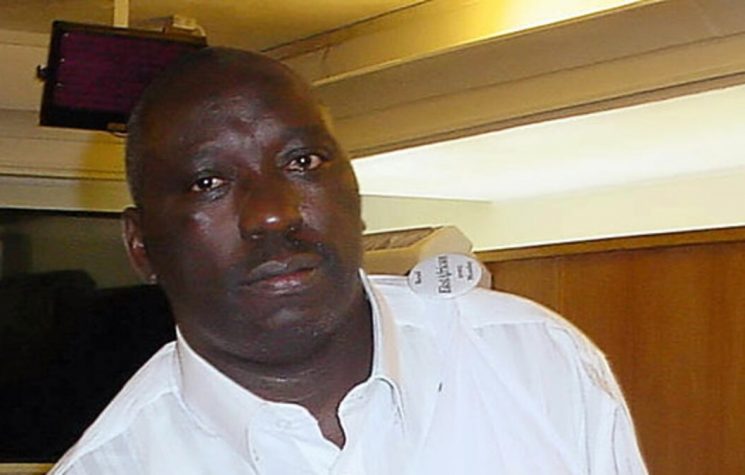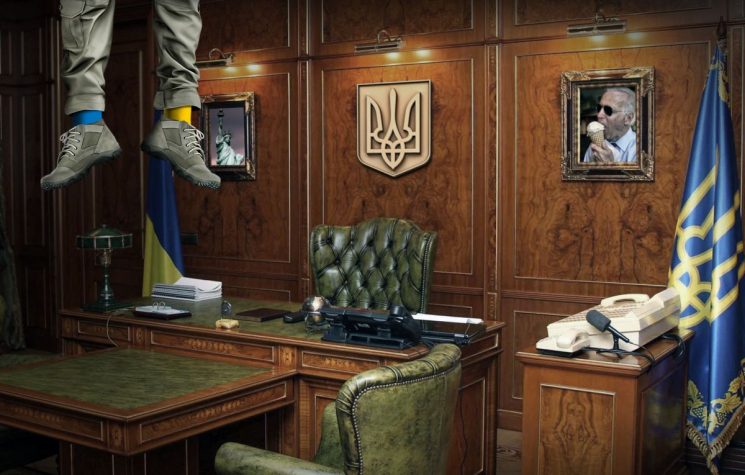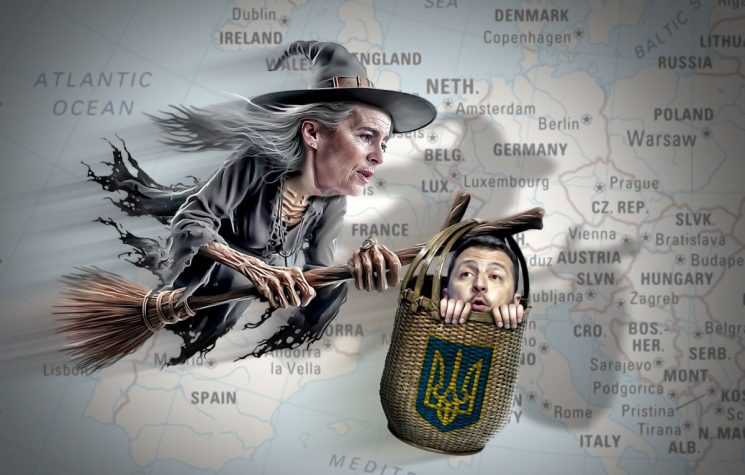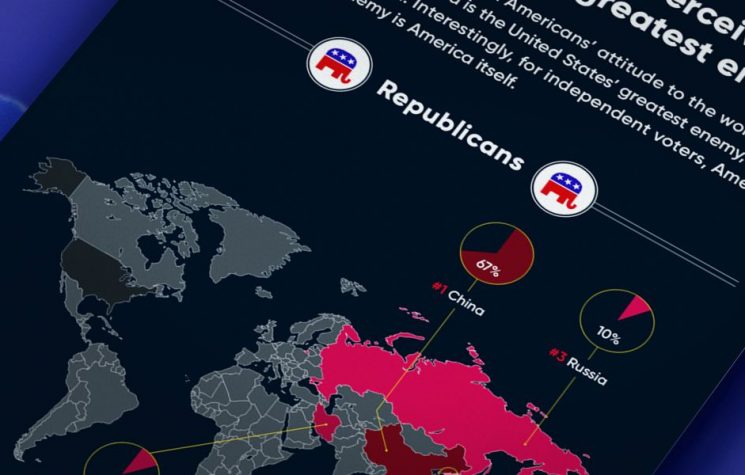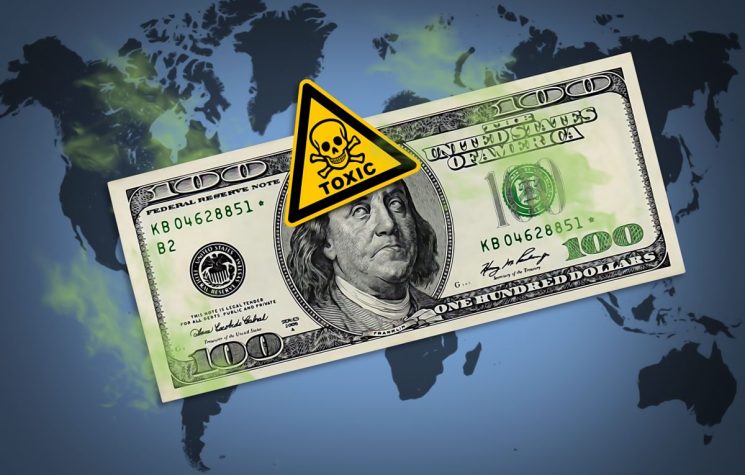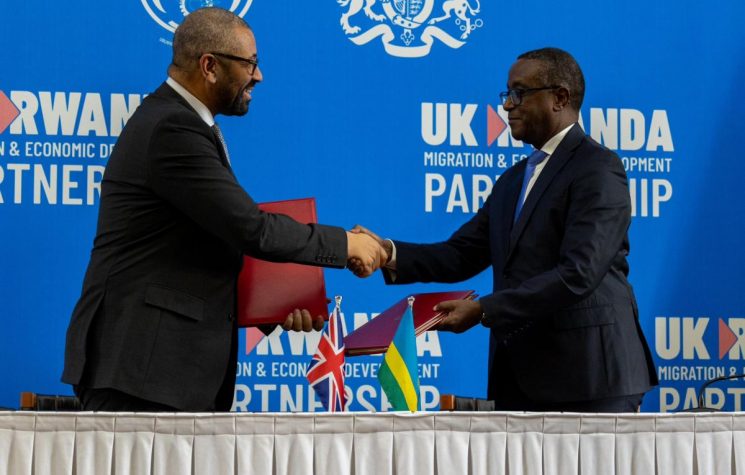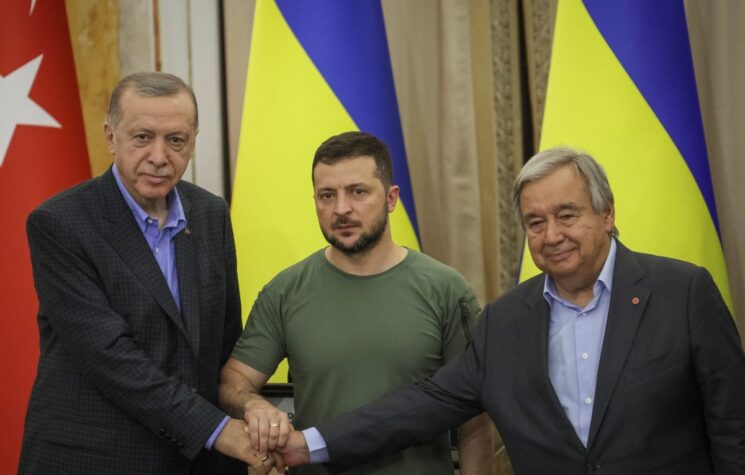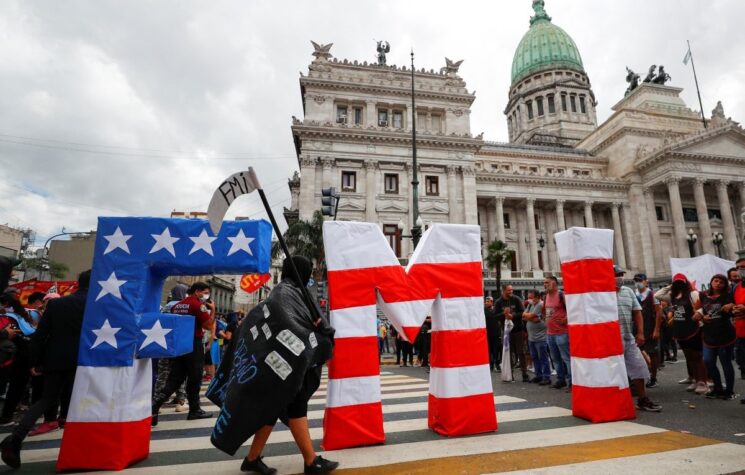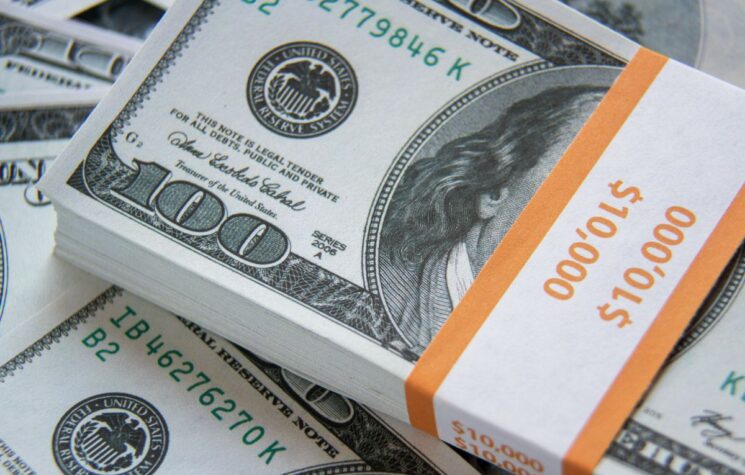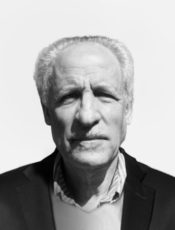Probably the most objective international ranking of countries according to the extent of their corruption is the annual Gallup World Poll, in which 1,000 or more individuals in each of over a hundred countries are scientifically randomly sampled and asked “Is corruption widespread throughout the government in” their country “or not?” Only the survey that was published in 2013 is available complete online. Rwanda scored as being by far the least-corrupt country. Two years later, incomplete results were shown in Gallup’s 2015 poll-report, but Rwanda wasn’t among the countries which were included in that report. However, even up till 2020, articles are still being published about how remarkably free of corruption Rwanda seems to be.
Gallup (an employee-owned company) normally sells the findings to wealthy investors throughout the world. In 2015, Gallup headlined, “75% in U.S. See Widespread Government Corruption”, and ranked only the 37 countries that the U.S. regime approves of, which the U.S. regime’s ‘Freedom House’ had ranked as having a ‘free press’ (meaning a press whose major ‘news’-media adhere sufficiently to the U.S. CIA’s advices). In rank order, the least corrupt of those 37 countries were: Sweden, Denmark, Switzerland, Luxembourg, Finland, New Zealand, Norway, and Germany — all of them ranging from only 14% corrupt, to 40% corrupt. The most corrupt, in rank order starting with the most corrupt, were: Lithuania, Portugal, Ghana, Spain, Czech Republic, and Slovenia — all of them at least 80% corrupt, which were actually ranked from 82% corrupt to 90% corrupt. 75% of Americans told Gallup they thought “corruption widespread throughout the government.” (We thus will call America “75% corrupt.”) Latvia was in the middle of the 37, at 63% corrupt. So: amongst ‘free press’ countries (governments that the U.S. regime isn’t aiming to regime-change), this percentage (63%) was the average rate of corruption (that is, of the population’s alleging corruption to be “widespread throughout the government”).
When Gallup published their complete poll-report, on 18 October 2013, which was headlined “Government Corruption Viewed as Pervasive Worldwide”, it included 129 countries. Shown here in rank order will be the 11 least-corrupt nations as indicated in that October 2013 Gallup news-report; and, for each nation, also — by way of comparison — the Transparency International (TI) corruption-rankings, in 2012, will be shown, because that was the year when Gallup’s data were being collected. (Click onto the link just above, if you want to see the complete 2013 Gallup article, with the scores shown for all 129, but Gallup provided there only the nation-by-nation scores, no rankings, and presented the 129 nations only in alphabetical order, instead of in rank order, perhaps so as not to give offence which might drive away potential clients that are in disappointingly low-scoring countries, such as America.) What is to be be shown here — for the first time anywhere — are the ranks that are based upon those Gallup-published scores.
As was noted at the outset here, Rwanda ranked there as #1 (it had the lowest percentage — it was the least viewed as corrupt) that year. Only 5% of Gallup’s Rwandan respondents answered “Yes” to “Is corruption widespread throughout the government in Rwanda or not?” For purposes of simplicity and brevity, we may call that a finding of “only 5% corrupt.”
Here, then, to start with, are listed the corruption-percentages, and ranks, of the 11 least-corrupt nations, out of the Gallup-surveyed 129 nations:
1=Rwanda (ranked in 2012 TI as #50 out of 176 [but they say ‘198’] countries) 5%
2=Sweden (in 2012 TI #4 of 176) 14%
3&4=Singapore (in 2012 TI #5) & Denmark (in 2012 TI tied as #s1-3, one through three) 15%
5=Switzerland (in 2012 TI #6) 23%
6=NZ (in 2012 TI tied as #s1-3) 24%
7&8=Georgia (in 2012 TI #51) & Norway (in 2012 TI #7) 25%
9=Luxembourg (in 2012 TI #12) 26%
10&11=HongKong (in 2012 TI #14) & Finland (in 2012 TI tied as #s1-3) 30%
Near the middle of that Gallup 2013 ranking was:
63&64&65&66=U.S., tied with Guatemala, Nepal, Philippines, & Taiwan
At the very bottom were:
129=Tanzania 95% (ranked #102 out of ‘198’ — actually 176 — by TI)
(At the bottom of the TI rankings were 3 tied: Afghanistan, N. Korea, & Somalia.)
128=Kenya 93%
125&126&127=Greece, Nigeria, & Chad 92%
124=Uganda 91%
123=Lithuania 90%
120&121&122=Ghana, Cameroon, & Bosnia 89%
118&119=Portugal & Indonesia 88%
116&117=South Africa & Thailand 87%
U.S. ranked in the 2012 TI as being #19 out of 176 (‘198’), which, of course, is considerably worse than being #64 out of 129 (in the much more reliable Gallup survey), because TI itself is corrupt: it’s a U.S.-regime front.
Transparency International was founded in 1993 by former top officials of the World Bank. The World Bank had been initiated at the three-week, 1-22 July 1944 Bretton Woods Conference, in New Hampshire, and this was being done by appointees of the anti-imperialist Franklin Delano Roosevelt, and of the imperialist (or “pro-imperialist”) Winston Churchill, and so it wasn’t clear whether or not it would support imperialism. In fact, Wikipedia’s article on the “Bretton Woods Conference” states that:
In his closing remarks at the conference, its president, U.S. Treasury Secretary Henry Morgenthau, stated that the establishment of the IMF and the IBRD marked the end of economic nationalism. This meant countries would maintain their national interest, but trade blocs and economic spheres of influence would no longer be their means. The second idea behind the Bretton Woods Conference was joint management of the Western political-economic order, meaning that the foremost industrial democratic nations must lower barriers to trade and the movement of capital, in addition to their responsibility to govern the system.
This was before FDR died and Truman and the Cold War fundamentally changed things; and that Wikipedia article (being part of U.S. propaganda) falsely says that the attendees were representing “the foremost industrial democratic nations”, though many of those nations were actually dictatorships, such as Brazil, Cuba, El Salvador, Honduras, Haiti, Egypt, China, and the Soviet Union.
Democracy had nothing to do with it. Imperialism did — and, after FDR’s death, nothing could stop the Bretton Woods system from being imperialistic at its very start. The exhaustively documented study by Eric Toussaint, The World Bank — A Critical Primer, opens its Introduction by noting that, “The list of governments resulting from military coups that were supported by the World Bank is impressive,” and these have all been U.S.-supported (and mostly were U.S.-perpetrated) coups. He also noted that, “the U.S. government has indeed enforced its views in those areas [of the World Bank’s operations] in which it is directly concerned.” Furthermore, and more generally: “The hidden agenda of the Washington Consensus aims … at maintaining the US global leadership. … For instance, the World Bank will only grant a loan on condition that a country’s water and sanitation services are privatized.” Billionaires — mostly American ones — end up receiving the profits from what would otherwise have been public works in foreign countries. Those “works” consequently ignore the poor. This is why the interests of the local poor are ignored, while the interests of global billionaires (and especially of U.S.-based billionaires) are advanced. On page 134, Toussaint refers to “the total cynicism inherent in the system, which results in artificially increased debt loads [in poor countries] that in no way correspond to the money injected into the economies of these countries.” The existing World Bank’s system is exactly what FDR had condemned and said absolutely must be replaced (and explained why it needed to be replaced). The book’s Chapter “24: An Indictment of the World Bank” is a scathing summary of this international gangland operation. (FDR had similarly described imperialism.) As one review of Toussaint’s book summed up the work: “The strategy, in a nutshell, is that providing infrastructure should fall on the state sector, and anything that might prove profitable should be given to the private sector (preferably favouring multinational corporations), i.e. privatisation of profits combined with the socialisation of the cost of anything not profitable.” John Perkins’s classic Confessions of an Economic Hit Man details the operations that Perkins had done for the World Bank and the benefits he had been providing to billionaires, and the destruction he had been perpetrating upon the residents in those vassal-nations. This wealth-transfer, from the masses to the classes — further impoverishment of the poor — is similarly the agenda of Transparency International, not just the World Bank’s agenda. TI assists it by producing their faked rankings. In a sense, boosted rankings are being bought and paid for.
So, actually, the World Bank’s history is also TI’s history — its pre-history, which shaped it. That goes back to the Bretton Woods Conference, on 1-22 July 1944.
Wikipedia’s article on the “Bretton Woods Conference” says that, “The institutions [World Bank and IMF] were formally organized at an inaugural meeting in Savannah, Georgia, on March 8–18, 1946.[13] Notably absent from Savannah was the USSR, which had signed the Bretton Woods Final Act but had then decided not to ratify it. The USSR never joined the IMF and IBRD.” However, actually, the Soviet Union did not sign the “Bretton Woods Agreements”. The U.S.S.R. was the only Bretton Woods attendee which did not. Signing was done actually at a ceremony in Washington, DC, on 27 December 1945. In the U.N.’s online pdf of that final document, at page 120, where it says, “Pour l’Union des” (Républiques socialistes soviétiques), there is a blank, no one listed even as attending, and it’s the only blank. Every other Bretton Woods attendee sent a representative, who signed. As early as 26 July 1945, Truman had personally expressed his hostility to Stalin; and, clearly, from that moment on, Stalin knew that the death of FDR on 12 April 1945 had changed everything. (Which it did.)
The reason why TI was created by the World Bank in 1993 is that, at that time, the World Bank’s Chief Economist was the extremely pro-imperialist and highly political American, Larry Summers; and the World Bank’s President was J.P. Morgan’s former long-serving CEO, Lewis Preston, who became appointed by U.S. President G.H.W. Bush as the World Bank’s President in 1991. On 24 February 1990, just before the Soviet Union and its communism and its Warsaw Pact equivalent to America’s NATO military alliance all ended in 1991, G.H.W. Bush secretly started instructing America’s allies that though the Cold War was ending on the Soviet side, the Cold War was secretly to continue on the U.S.-and-allied side. Consequently, a new excuse for it — no longer ‘capitalism versus communism’ — was needed; and anti-corruption would be that excuse. That’s why TI was created. I previously explained in detail how “TI was instituted by the U.S.-created World Bank, in order to handle the ‘corruption’-propaganda portfolio for the U.S. empire.” TI is specifically a U.S. imperialist operation. It’s an intrinsic part of the U.S. regime’s operation for achieving all-encompassing U.S. empire. It is not an objective credible rating-system, for anything.
Whereas Gallup is honest, Transparency International (TI) is corrupt. Instead of being owned by its employees, TI is funded by the U.S. and its European allies (in other words, it’s a U.S. Cold War, CIA-affiliated, operation), a U.S.-regime PR gimmick, in order for them to use those ‘corruption’-rankings against governments (ones that consequently get scored lower) which the U.S. aristocracy — its billionaires — want to regime-change — overthrow, control, take over, conquer. Almost all on the list of TI’s donors are controlled by U.S. billionaires. America’s TI ranking, as of 9 July 2019, of 23 out of 180 (and that’s a real “180”: TI didn’t fake that count, in that year), is said there to be from “Corruption Perceptions Index 2018”, but if one clicks through to the complete list (it’s in .xlxs, but also here for anyone to see), then the U.S. actually ranks there tied as #23-#24, below (starting from #1):
1-2=Denmark&NZ,
3=Finland,
4-6=Singapore&Sweden&Switzerland,
7=Norway,
8=Netherlands,
9-10=Germany&Luxembourg, 11=Iceland,
12-15=Australia&Austria&Canada&UK,
16=HongKong,
17=Belgium,
18&19=Estonia&Ireland,
20=Japan,
21=UAE&Uruguay,
23-24France&U.S.
All of those governments — both directly and indirectly — fund TI.
TI’s methodology is based on officials’ opinions, not on data. Their published “Methodology” is a scandal, filled with opacities, easy to manipulate in the dark, such as: “Transparency International reaches out to each one of the institutions providing data in order to verify the methodology used to generate their scores. Since some of the sources are not publicly available, Transparency International also requests permission to publish the rescaled scores from each source alongside the composite CPI score. Transparency International is, however, not permitted to share the original scores given by private sources with the general public.” (Elsewhere, I have further discussed TI’s methodology.) Their rankings are PR tools, not trustworthy information-sources. Anyone who cites TI’s ‘findings’ (except critically) is not to be trusted, because even if they are honest, they are trusting a hoax. Gallup is vastly more trustworthy than TI.
Not only do Rwandans know that their country is relatively outstanding against corruption, but even the countries that fund TI begrudgingly acknowledge it. On 22 July 2010, the BBC headlined “Rwanda has negligible corruption – Transparency” and reported that, “Incidents of bribery in Rwanda are negligible, anti-corruption watchdog Transparency International says.” But TI’s rating of Rwanda was systematically an under-rating of that country’s outstanding performance, because the industrialized nations donate to TI, and they don’t want to be outshone by a third-world nation. “He that pays the piper calls the tune.” Rwanda has not been paying the piper. However, even the CIA-edited (and even written) Wikipedia acknowledges that Rwanda’s leader, Paul Kagame, “is popular in Rwanda,” and that “Rwanda’s economy has grown rapidly under Kagame’s presidency, with per-capita gross domestic product (purchasing power parity) estimated at $1,592 in 2013,[212] compared with $567 in 2000.[213] Annual growth between 2004 and 2010 averaged 8% per year.[214]” Unfortunately, this situation could rapidly change. For example: starting, in 2013, Rwanda’s debt/GDP ratio soared, from a long stable 20%, up to around 40% in 2017, and, during the three years of 2019 through 2021, Rwanda’s monthly debt-service payments due, mainly to the World Bank, will have soared from $2.688 billion to 23.341 billion. Will Rwanda still be enforcing its anti-corruption laws in 2022? Or will foreign billionaires instead be effectively in control over that country? Who knows? However, even on public debt, Rwanda isn’t yet anywhere near the worst countries. As of 2018, these were the 12 countries (out of 186) where public debt/GDP was actually over 100%: Barbados 123%; Cabo Verde 130%; Congo Republic 101%; Cyprus 112%; Greece 188%; Italy 130%; Japan 238% (but almost all domestic-owned); Lebanon 150%; Portugal 121%; Sudan 168%; U.S. 106%; Venezuela 159%. So, even on that, Rwanda outperforms U.S.
China’s Xinhua News Agency headlined on 10 December 2019, “What makes Rwanda one of least corrupted countries in Africa?” and opened with some of the explanation for Rwanda’s recent outstanding performance:
Rwanda, which ranks as one of the least corrupted countries in Africa, has made holistic efforts to fight corruption, officials and scholars told Xinhua on Monday, the date of this year’s International Anti-Corruption Day. The central African country ranked 48th among 180 countries across the world in the Corruption Perceptions Index 2018 published by Transparency International, making it the least corrupted country in East and Central Africa and the fourth least corrupted in the entire African continent.
Rwanda’s achievements in its fight against corruption can be attributed to several factors, including political will, awareness campaigns, and enforcement of laws, said Clement Musangabatware, Rwanda’s deputy ombudsman in charge of preventing and fighting corruption. … The unity of the Rwandan people in the fight against corruption has also contributed to eliminating vice, according to Rwandan Senator Juvenal Nkusi.
The government of Rwanda has effectively combated corruption by creating a culture of transparency and accountability while making the cost of getting involved in corruption high, said Nkusi, noting that Rwandan officials are aware of the dire consequences of corruption.
The nation’s zero-tolerance policy, which is maintained by top leaders, is an “apparent consensus” among the political community regardless of party affiliation, said Frederick Golooba-Mutebi, an independent researcher on politics and public affairs.
On 4 August 2020, Kenya’s The East African headlined “KAGAME: We’re putting maximum pressure on the corrupt” and opened, “Rwandan public officials convicted of corruption risk facing hefty fines and auctioning of their property if convicted as the country steps up the fight against the vice in the face of dwindling domestic revenues which have come under enormous pressure during the coronavirus pandemic.” Another reason for this intensified enforcement might be to police the increased investment into the country by foreigners.
Furthermore, there are also other indicators of the rankings of various countries as regards corruption. On 15 April 2013, I headlined “How the U.S. Performs in Recent International Rankings” and reported that:
A much broader ranking-system, from the World Economic Forum, is “The Global Competitiveness Report 2012-2013,” which ranks 144 countries, on a wide range of factors related to global economic competitiveness. … Corruption seems to be a rather pervasive problem in the U.S. On “Diversion of Public Funds [due to corruption],” the U.S. ranks #34. On “Irregular Payments and Bribes” (which is perhaps an even better measure of lack of corruption) we are #42. On “Public Trust in Politicians,” we are #54. On “Judicial Independence,” we are #38. On “Favoritism in Decisions of Government Officials” (otherwise known as governmental “cronyism”), we are #59. On “Organized Crime,” we are #87. On “Ethical Behavior of Firms,” we are #29. On “Strength of Auditing and Reporting Standards,” we are #37. On “Reliability of Police Services,” we are #30. On “Transparency of Governmental Policymaking,” we are #56. On “Efficiency of Legal Framework in Challenging Regulations,” we are #37. On “Efficiency of Legal Framework in Settling Disputes,” we are #35. On “Burden of Government Regulation,” we are #76. On “Wastefulness of Government Spending,” we are also #76. On “Property Rights” protection (the basic law-and-order measure), we are #42.
The U.S.’s overall “global competitiveness” ranking was #7. All of the “corruption” factors were listed under the heading of “Institutions,” and the United States’ overall “Institutions” ranking was #41. (Singapore had the #1 “Institutions” ranking. NZ was #2 on “Institutions.” All nations’ “Institutions” rankings were shown on pages 16-17. However, some of the “Institutions” factors, on the basis of which those ranks are generated, do not concern corruption. Furthermore, most of the information that was inputted to calculate these rankings came from the World Bank. Only the Gallup surveys are based upon perceptions by the public within each of the ranked nations.)
The summary for Rwanda said: “Rwanda moves up by seven places this year to 63rd position, continuing to place third in the sub Saharan African region. As do the other comparatively successful African countries, Rwanda benefits from strong and relatively well-functioning institutions, with very low levels of corruption (an outcome that is certainly related to the government’s non-tolerance policy), and a good security environment. Its labor markets are efficient, its financial markets are relatively well developed, and Rwanda is characterized by a capacity for innovation that is quite good for a country at its stage of development. The greatest challenges facing Rwanda in improving its competitiveness are the state of the country’s infrastructure, its low secondary and university enrollment rates, and the poor health of its workforce.”
Here were a few of Rwanda’s corruption (“Institutions”) ranks (shown in the report’s page 307): On “Diversion of Public Funds,” Rwanda was #37. On “Irregular Payments and Bribes,” it was #21. On “Public Trust in Politicians,” it was #6. On “Strength of Auditing and Reporting Standards,” it was #69 (and that was Rwanda’s worst “Institutions” rank). Rwanda’s overall “Institutions” ranking was #20. (However, page 77 of the report indicated that Rwnda was being rated on the basis of 2011 data, not 2012.)
So: for “Institutions,” U.S. was #41, and Rwanda was #20, whereas the 2012 TI “corruption” rankings were U.S. #19 and Rwanda #50. That contrast in rankings might be a fair indicator of how corrupt (bought and paid for) TI is. (Of course, if Gallup’s findings were the best measure of a country’s “corruption,” then that contrast against TI’s U.S. #19 and Rwanda #50 would instead be U.S #65 versus Rwanda #1.) Anyway, Rwanda was vastly less corrupt than the U.S. is. Whether Rwanda might have been #1 out of 129, or #20 out of 144, can be reasonably debated, but that it would have been #50 out of 176 (which TI claimed was instead out of 198) can be simply ignored — it is outside the bounds of reasonable credibility.
Associated with lack of corruption is honest police forces. On 28 June 2018, Rwanda’s leading daily newspaper, The New Times, headlined “Gallup report: Rwanda is second safest place in Africa”, and reported that 83% “of Rwandan residents have confidence in the local police force and … feel safe walking alone at night.” The safest countries were: Singapore 97%, and — in second through fourth place — “Norway, Iceland and Finland who tied at 93 per cent respectively. Rwanda came at 40 globally.” U.S. ranked at #35 out of 142 countries in this survey.
By contrast, as compared to the case of Rwanda — a country that is trying hard not to be corrupt — the U.S. Supreme Court has (see “Federal Public Corruption Prosecution After ‘Bridgegate’”) unanimously ruled, on 7 May 2020 (in Kelly v. U.S.), that unless direct bribery can be proven against a public official, any other type of abuse of public office (than direct bribery) is entirely legal, and not subject to penalty, under any U.S. criminal laws, regardless of any suffering that might have been perpetrated upon the general public, or upon any individual, by that official’s action, or decision. This landmark ruling concerned two subordinates, not the elected official himself; and, so, of course, elected officials themselves are now, essentially, totally immune in the U.S. Even their subordinates are safe, and therefore won’t have incentive to give plea-bargained testimony against their boss in complex corruption-cases. They’re already “home free.” A month later, on June 15th, this same U.S. Supreme Court, in yet another landmark decision, ruled by 8 to 1 that even low officials, such as police, are beyond the reach of the law if they even murder totally innocent persons, if it’s being done while they are on the job. The badge is their protection. (Of course, both of those rulings are likely to cause corruption in the U.S. to grow yet higher.)
As Nicole M. Argentieri, one of America’s top experts on corporate crime, commented about the Kelly v. U.S ruling, one result of the ruling is that “even conduct that the court unanimously characterized as an ‘abuse of power’ can escape prosecution.” The 9 ‘Justices’ didn’t consider the prevention of abuse of power by public officials to be a sufficiently high priority for it to be prosecuted, or even to be at all illegal. Of course, America’s courts aren’t supposed to be writing the laws, but prior rulings, from prior U.S. Supreme Courts, had interpreted America’s laws regarding corruption very differently. As Argentieri observed, “Between the 1940s and the 1980s, it was common for federal prosecutors to use federal fraud laws to prosecute public officials for ‘schemes to defraud citizens of their intangible rights to honest and impartial government’.” Corruption was prosecuted, but now it virtually cannot be. U.S. Supreme Court rulings such as these have made public corruption increasingly legal, and this year’s two rulings make it henceforth entirely legal. And, regardless of whether America’s now allowing public corruption should be attributed primarily to the legislative or to the judicial branch, it’s the current situation. And, yet, TI’s latest, 2019, ranking for the U.S. is #23 out of 198 countries (actually out of 176 countries); and their ranking for Rwanda is #51 (out of ‘198’), which pretends that Rwanda is quite a bit more corrupt than is the United States. TI’s rankings are thus worthless. They are pure propaganda, no news-value except for their own scandalousness and TI’s corruptness. And, as far as TI’s own ‘transparency’ is concerned, it’s yet another fraud. Itself is both opaque, and corrupt. Rwanda has tried hard to be neither.
TI’s ‘corruption’ scores affect how high an interest-rate the nation will pay on its sovereign debt. The IMF’s Public Financial Management Blog headlined on 15 September 2016 “The (Fiscal) Benefits of Transparency”, and reported: “A series of studies (Ciocchini et al 2003; Depken et al 2007; Remolona et al 2008) show that as scores on Transparency International’s (TI’s) Corruptions Perception Index (CPI) decrease, borrowing costs increase. These studies all show direct causality between corruption risk and borrowing costs, controlling for other influences.” Investors trust the fraud and therefore pay lots more for debt from ‘Transparent’ regimes than from low-scored ones. The IMF (the U.S. regime) can only be happy that the TI fraud works. However: taxpayers in any non-U.S.-allied country can only be sad that it does, because it raises their nation’s debt even further. The entire existing World Bank, IMF, and IBRD (‘International Bank for Reconstruction and Development’) system is set up so as to steal from taxpayers in low-income countries — such as Rwanda — in order to increase the wealth of foreign investors who invest in low-scored countries (which America’s billionaires want to conquer — which, if that happens, would increase their own wealth even more).
So: when the U.S. empire, starting in 1991, took anti-corruption as its new excuse for being imperialistic, replacing its old anti-communist excuse, what actually emerged in the U.S. itself has been a country in which around three-quarters of its own residents believe “corruption widespread throughout the government.” That’s tied with Guatemala, Nepal, Philippines, & Taiwan. According to any measure (except the fraudulent TI), Rwanda is far less corrupt than that. Whether it will remain so is another matter.








